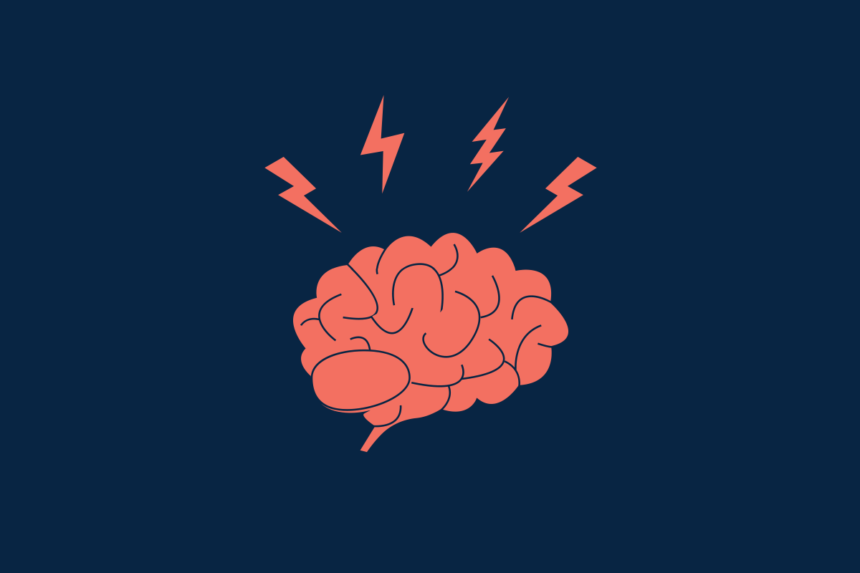According to a study by Imperial College London, traumatic brain injury may be linked to reduced brain size and cognitive deficits in children and adolescents.
Published in the journal Brain, researchers used a large healthy control dataset of more than 1,000 subjects to emphasize adolescents’ healthy development of white and gray matter regions in the brain.
“Patients were individually classified as having low or normal brain volume. Neuropsychological and neuropsychiatric outcomes were assessed using standardized testing and parent/carer assessments,” the study’s authors explained.
“In summary, we show how brain volume abnormalities after paediatric traumatic brain injury can be robustly calculated from individual T1 MRI using a large normative dataset that allows the effects of healthy brain development to be controlled for,” the study found.
“Using this approach, we show that volumetric abnormalities are common after moderate/severe traumatic brain injury in both grey and white matter regions, and are associated with higher levels of cognitive, emotional and behavioural abnormalities that are common after paediatric traumatic brain injury.”


